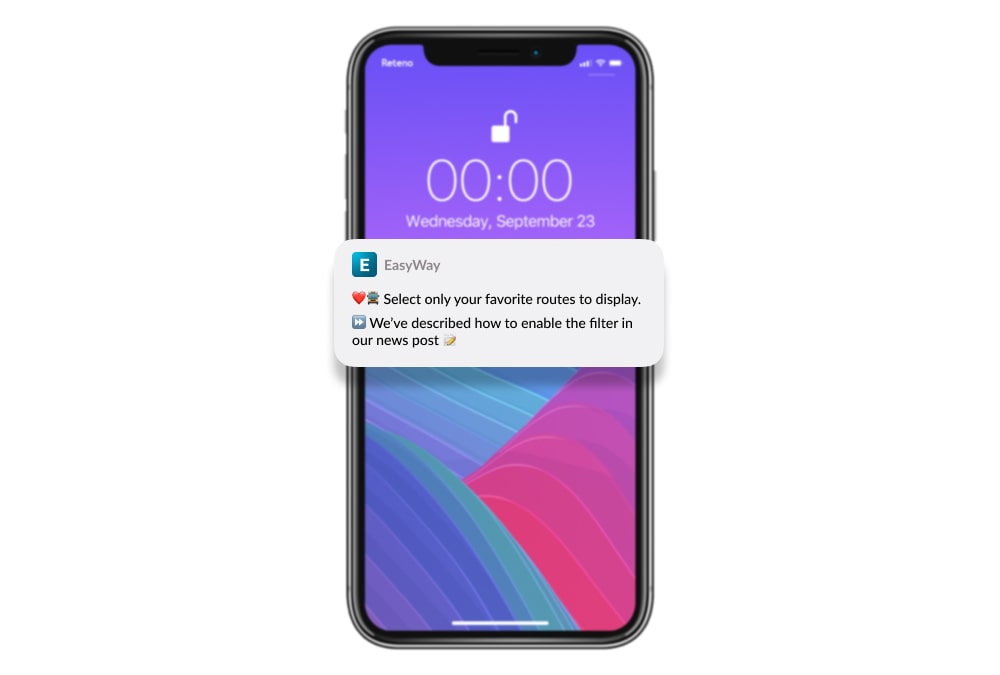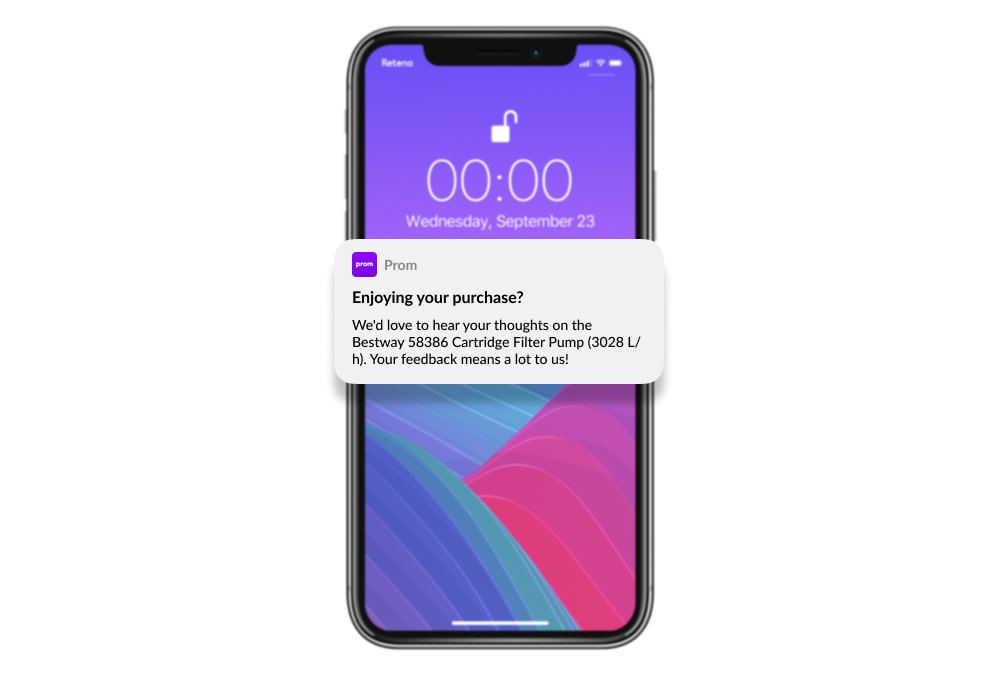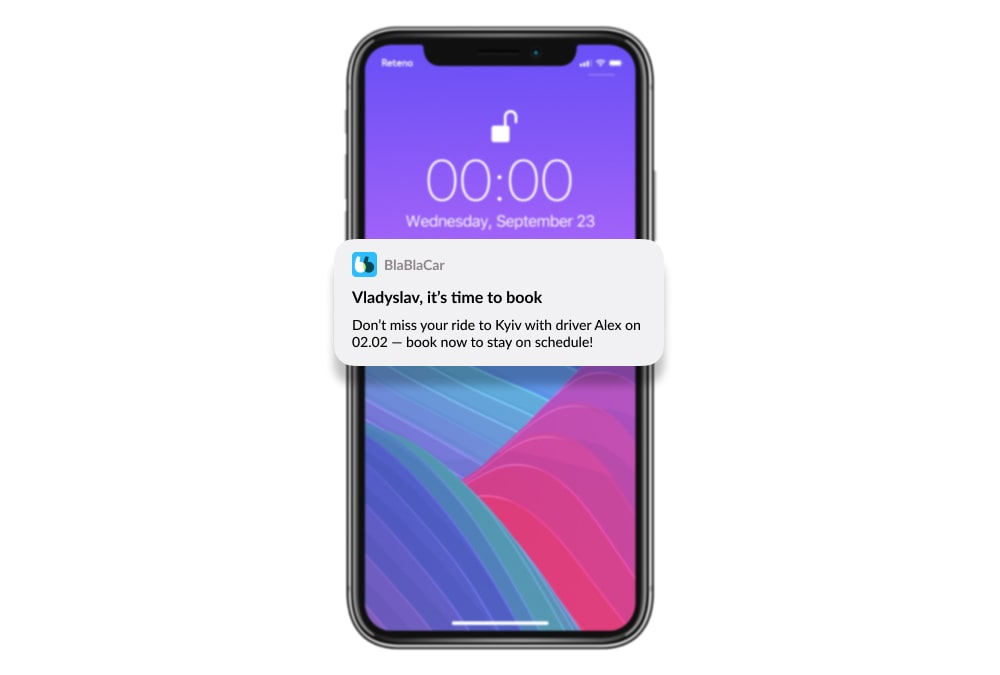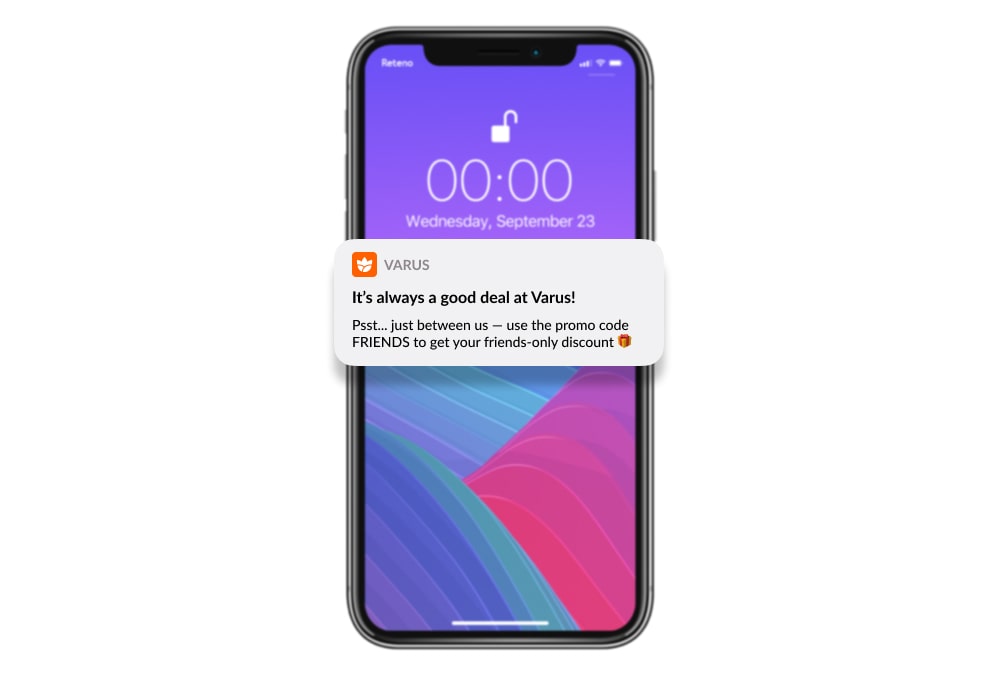Marketing Automation

Expert Writer
August 7, 2025

Expert Writer
August 7, 2025
The attention span of today’s buyer is shortest when brands waste their time. Marketing automation is now the backbone of modern growth teams. Instead of sprinting between channels and spreadsheets, marketers deploy marketing automation platforms that turn raw data into perfectly timed conversations.
In this glossary article, you’ll learn what marketing automation is, how it functions, and how to apply it without sounding like a robot.
Marketing automation is the always-on assistant your team has been craving. It plans, launches, and tracks campaigns without you hovering over every detail. It notices when someone lingers on a pricing page, opens your app again, or buys that long‑abandoned product — and then, right on cue, sends the email, push, SMS, or ad that nudges them forward.
Because channels, data, and rules live in one shared brain, campaigns stay coordinated, CRM records remain sharp, and lead scores shift in real time. You’re not being replaced — you’re being unburdened. With the marketing automation, busywork fades, and suddenly you’ve got space to think bigger, write better, and create work that matters.
Every instance of marketing automation starts with data collection. Web clicks, in‑app events, loyalty transactions, and even offline sales feed into a unified customer profile. Marketers then build workflows composed of:
The engine runs 24/7, so marketing automation instantly responds to the user behavior. More advanced suites layer in machine learning, predicting churn, optimal send times, and product affinities. Over the months, marketing automation has become a self‑optimising growth layer constantly refined using real‑time feedback.
Marketing automation wipes out the drudge work — manual list pulls, repetitive scheduling, copy/paste headaches — so your team can reclaim monthly hours and invest them where it matters.
Set up smart drip sequences and let them run. Prospects get what they need when needed, and real‑time scoring ensures that sales only chase truly ready leads. Marketing automation is focused, not guesswork.
Trigger‑based workflows deliver personalised creative on email, SMS, mobile, and web pages. This level of relevance would be impossible without marketing automation.
Unified dashboards link expenditure to revenue, allowing teams to refine audience targeting, cadence, and content confidently.
Whether addressing one thousand or one million contacts, marketing automation scales horizontally, maintaining performance even during peak activity periods.
Welcome sequences, milestone celebrations, and educational tracks run on marketing automation.

Posts can be queued, recycled, and auto‑published the moment a new article goes live — another victory for marketing automation.
Combining mobile triggers with marketing automation informs customers about orders, flash sales, or loyalty rewards.
Real‑time segment syncs ensure ads stay consistent with lifecycle messaging handled by marketing automation.
Invites, reminders, and post‑event surveys automatically orchestrate, proving that marketing automation isn’t limited to digital‑only journeys.

Picture a mid-sized health and fitness app offering both mobile and web experiences. Before implementing a modern marketing automation stack, a lean team of five marketers spent late nights exporting CSVs to build workout reminder emails and manually refreshing ad audiences for re-engagement. Strategy kept getting bumped to “tomorrow” because tedious ops swallowed the day.
Once the automation platform went live, the team gathered data from the app, website, and billing system to build a full picture of each user. Now, triggers fire in seconds: skip two workouts and you get a friendly nudge; crush a personal best and a celebratory push appears alongside a custom recovery plan. Every action sparks a response that feels personal, not programmatic. Personalized recommendations hit the app before any marketer even thinks about sending a manual newsletter. Six months in, weekly workout completion rose by 13%, churn dropped noticeably, and time spent on manual tasks was cut nearly in half.
Every automated flow should earn its spot. Tie it to something concrete — acquisition, upsell, churn prevention — so marketing automation amplifies your goals instead of adding static.
Choose a platform that snaps into your CRM, email service, and analytics stack without duct-tape workarounds. Pay attention to how it feels to use — intuitive or maddening? — and how deep the integrations go. Can it scale as fast as your ambitions? A platform with rock-solid workflow automation and meaningful analytics will future‑proof your marketing automation roadmap instead of boxing you in later.
Deep user segmentation plus dynamic content transform raw data into empathy, showcasing the real power of marketing automation.
Real‑time reactions beat scheduled blasts. When marketing automation speaks in moments, customers feel heard.
Built‑in marketing analytics enable constant experimentation. Over time, marketing automation will uncover unexpected wins, such as subject‑line emojis or new send windows.
Marketing automation doesn’t need to sound like a robot. Use a conversational voice, even in your triggered messages, so it feels helpful.
If shoppers wander, marketing automation fires timely nudges by email or push, often recovering a double‑digit percentage of lost revenue.

AI‑driven suggestions across channels raise average order value and are powered seamlessly by marketing automation.
Mobile apps shine with mobile marketing automation that orchestrates birthdays, VIP tiers, and win‑back flows.

Milestone‑triggered pushes keep customer engagement humming, another testament to the reach of marketing automation.
Shipping updates, setup guides, and replenishment reminders flow automatically, extending marketing automation's utility beyond the sale.
There’s a legal backbone to all this wizardry. GDPR, CCPA, and the upcoming ePrivacy Regulation set boundaries on data use. Your automation platform should manage consent in real time, automatically silence opted‑out contacts, and maintain an audit trail for every send. Ask vendors how they handle subject‑access requests and deletions — weak answers can turn gains into headaches overnight.
Senior leadership seldom approves new software on hype alone. Translate expected efficiency gains into numbers: hours saved weekly, incremental revenue from targeted upsells, and the lifetime value lift from relevant engagement. Combine those metrics with risk mitigation — fewer manual data transfers mean fewer chances for a breach — and the financial rationale becomes clearer. A well‑documented business case secures budget and acts as a yardstick for future optimisation cycles.
The next frontier for marketing automation involves predictive content generation and privacy‑safe data collaboration. As zero‑party data grows, successful teams will pair transparent value exchanges with sophisticated workflows to keep customers comfortable while still delivering relevance.
Pitfalls remain. Over‑automation can swamp inboxes, while set‑and‑forget flows turn stale. Make a habit of auditing your copy and send frequency. If your marketing automation starts to feel like spam, pull it back. Tighten the timing, tweak the tone, respect the unsubscribe. Above all, automated marketing should serve humans first, metrics second.
You’ve seen how marketing automation works: software that listens for customer signals, triggers the right message at the right moment, and frees your team from routine. You’ve explored the benefits — time saved, smarter lead nurturing, personalization at scale, clearer ROI — and the common use cases from email drips to push alerts. You’ve learned the guardrails too: pick a platform that fits your stack, align every workflow with a real goal, respect privacy laws, and keep the human tone intact.
Now comes the fun part — starting. Launch one thoughtful flow, measure, refine, and build from there. Treat automation as an ongoing craft, not a switch you flip once. Do that, and marketing automation doesn’t just scale your messages; it amplifies your empathy, creativity, and results.

